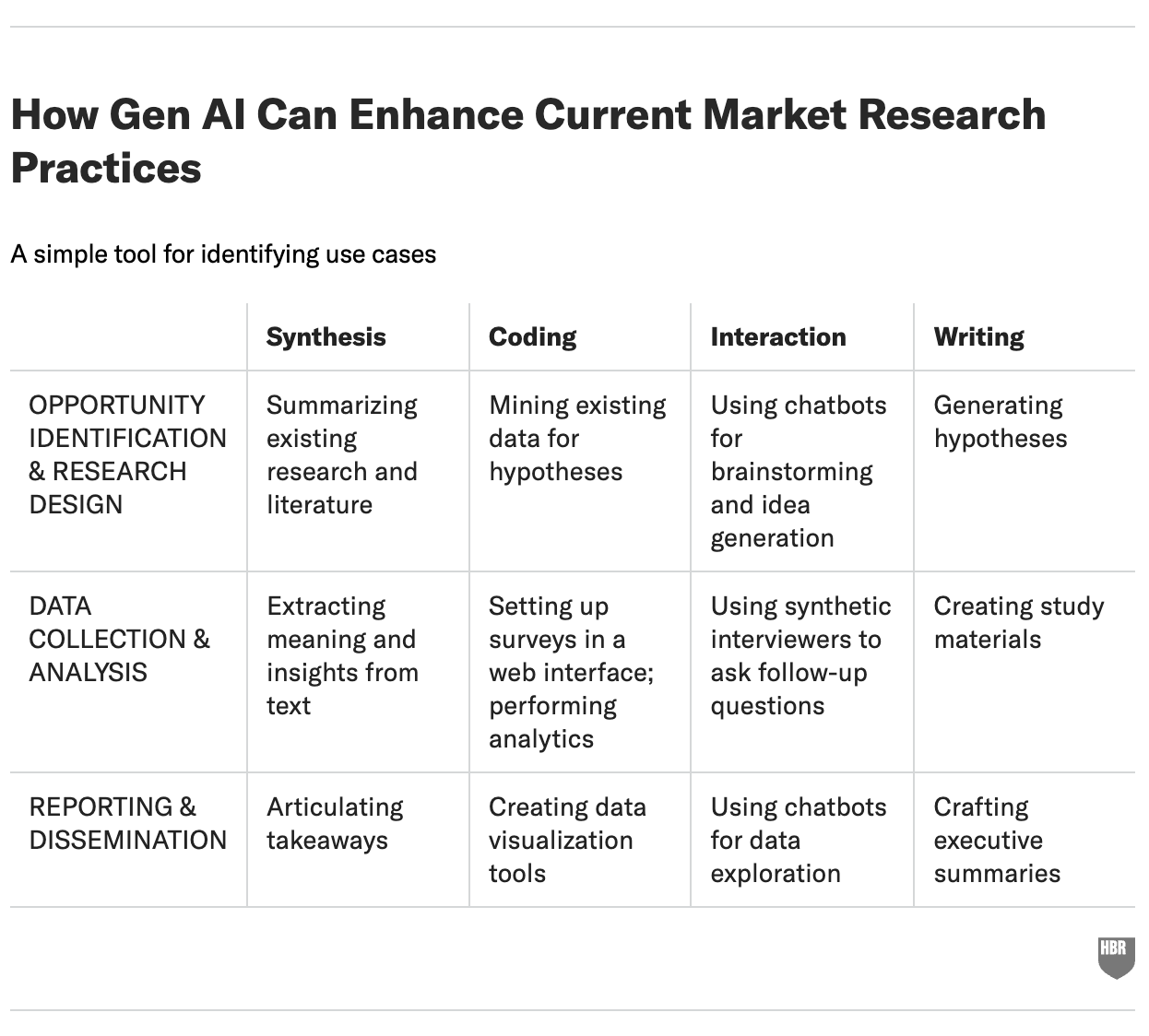Escaping MFA Hell: How AI-Powered PMPs Drive Real Conversions
Welcome to this week’s edition of Marketing Node (Agentic Marketing)—your weekly dose of insights, trends, and real-world applications in AI-powered marketing and beyond automation.
This week, Google Vertex AI introduces four new features:
Lyria (text-to-music),
Veo 2 (video editing),
Chirp 3 (instant custom voice), and
Imagen 3 (enhanced image editing).
These tools help businesses create content quickly and accurately, putting all AI media features in one place.
Marketing Dive reports that big brands like L’Oréal and Kraft Heinz now use Vertex AI (with Lyria, Veo, and Imagen) to work faster and come up with better ideas.
HubSpot launches AI agents, workspaces for enterprises
HubSpot introduces four autonomous AI agents (Knowledge Base, Customer, Prospecting, Content) to automate complex tasks and three AI-powered workspaces (Sales, Customer Success, Help Desk) to streamline team productivity, alongside Marketing Hub Enterprise upgrades like Lookalike Lists and adaptive journey automation. [SiliconANGLE]
Snap launches interactive AI ad lenses
Snapchat introduces sponsored generative AI lenses, enabling users to integrate into branded visuals via phone cameras. Unlike competitors focusing on static AI content, Snap emphasizes real-time engagement, offering advertisers organic storytelling tools. [AdExchanger]
WPP acquires InfoSum to boost AI-driven data
The acquisition enhances WPP's AI-powered marketing by integrating InfoSum's privacy-safe data collaboration platform, enabling clients to leverage federated learning for faster insights, cross-platform intelligence, and optimized campaigns. [WPP]
This follows the industry trend we saw when Publicis bought Lotame.
In the Spotlight
Programmatic advertising is broken. Marketers waste billions on Made-for-Advertising (MFA) sites and untargeted Private Marketplaces (PMP) , while DSPs optimize for their margins—not your ROI.
So it's hard to imagine slashing wasted ad spend by 26% while boosting conversions by 56%—without adding more budget or headcount.
That’s exactly what Butler-Till achieved using SWYM.ai’s SCaLE (Smart Curation and Learning Engine), an AI tool that automates the curation of high-performing PMP deals.
How Butler-Till Achieved The Results
AI-Powered Deal Curation: SWYM.ai’s SCaLE engine analyzed real-time bid requests, combining sell-side signals (e.g., publisher performance data from Index Exchange) with buy-side signals (e.g., conversion paths from Google DV360). This dual-layer analysis identified impressions with the highest propensity to convert—filtering out low-quality inventory like MFA sites.
Dynamic PMP Optimization: The tool created a "living" Private Marketplace, updated daily with lookalike impressions matching top-performing attributes (e.g., specific geos, ad sizes, or device types). This reduced wasted spend while maintaining scale within tightly targeted ZIP codes.
Attribution-Driven Feedback Loop: By integrating Google Marketing Platform’s Floodlight conversion data (buy-side) and publisher performance signals from Index Exchange (sell-side), the AI continuously refined its criteria, prioritizing impressions with the highest conversion propensity.
3 Action Items You Can Implement Now
Audit Your PMP Deals with Performance Data
Example: Use DSP logs to identify domains with low conversion rates or high MFA overlap. Reallocate budget to curated PMPs with verified attribution paths.
Leverage AI for Real-Time Signal Synthesis
Tactics: Combine SSP optimization signals (e.g., viewability rates) with buy-side KPIs (e.g., cost-per-lead) to build dynamic inclusion/exclusion lists.
Prioritize Geo-Targeted Efficiency Over Scale
Case Study Insight: Butler-Till achieved 26% cost savings by focusing on fewer, higher-intent impressions within narrow geos. Test restricting campaigns to top-performing ZIPs, then expand incrementally.
Source: AdExchanger: How AI Helps Butler-Till Curate High-Performing PMPs
Sponsored by Harpa AI
Harpa AI turns every marketer into an AI-augmented growth agent—faster execution, sharper strategy, and scalable impact.
SEO & Content – Find top keywords, create ranking articles
Audience Targeting – Refine personas, launch precise campaigns
Ad & Social Copy – Generate high-converting ads, posts, emails
Repurposing – Turn videos/podcasts into blogs, threads, scripts
AI Insights – Get real-time intelligence, strategy tips
👉 Ready to market smarter? Learn more.
Trends to Watch
Columbia Business School conducted a study with pioneering companies to explore how Gen AI is revolutionizing market research. They identified four key opportunities where Gen AI enhances efficiency, accuracy, and innovation in gathering customer and market insights.
Supporting existing practices (e.g., accelerating data analysis, report generation).
Replacing traditional methods with synthetic data, achieving comparable accuracy.
Filling insight gaps by providing evidence for decisions previously based on intuition.
Creating innovations like digital twins for customer interaction testing.
Businesses can now access deeper insights at lower costs, though they must address ethical concerns and AI biases. Latest AI tools are also being used in marketing.
AI transforms agency research and strategy
Agencies like Havas and Golin leverage AI-powered deep research tools (e.g., Perplexity, Waldo) to automate insights, streamline pitches, and simulate audience personas, shifting focus from efficiency to efficacy. Tech firms and startups enable rapid, scalable analysis, reshaping workflows and pricing models. [Digiday]
AI Reshapes Web Traffic Dynamics
AI tools like ChatGPT and Gemini are reshaping website traffic by intercepting traditional search visits, often masking referrals as direct traffic in analytics. Businesses must adapt tracking methods to identify and capitalize on AI-driven visitor trends. [MarTech]
AI drives transformation, but firms unprepared
VML's report reveals 60% of companies prioritize AI for digital transformation, yet 64% struggle with rapid AI evolution. Budgets, infrastructure, and employee adaptability hinder progress, urging strategic reassessment and external partnerships. [Marketing Interactive]
Quotes
80%
Marketing Week conducted its 2025 Career & Salary Survey targeting over 3,500 marketing professionals globally. The study revealed that 75.8% of CMOs identified AI expertise as their most pressing skills gap.
This finding highlights how rapidly AI adoption has created workforce challenges in the marketing sector.
AI Isn’t Something To Fear – Or Rush Into
In a podcast interview with AdExchanger Talks, Cecilia Dones (founder of data advisory firm 3 Standard Deviations) addresses marketers’ urgency to adopt AI without clear strategic goals.
Marketers shouldn’t just tick AI off as a "checklist item"—they should treat it as a tool that directly supports real business goals.
Those marketers who worry about AI probably have a plan to deal with it?
Fresh Finds
Here are this week's updates on marketing tools or services.
1. AI-powered marketing strategy platform
SOMIN's SOMONITOR predicts ad performance using explainable AI, optimizing campaigns via data-driven insights for enterprises. [e27]
2. AI-powered self-service marketing mix platform
Liquid Mix by Circana provides fast, granular insights using AI and store-level data, enabling brands to optimize budgets with 45x ROI potential. [Circana]
3. AI-Powered Marketing Command Center for E-Commerce
Glowtify automates Shopify marketing with AI-generated content and insights for lean e-commerce brands. [BetaKit]
4. AI automates marketing content workflows
Gradial's agentic AI platform streamlines CMS authoring, compliance checks, and campaign building for enterprise marketing teams. [GeekWire]





